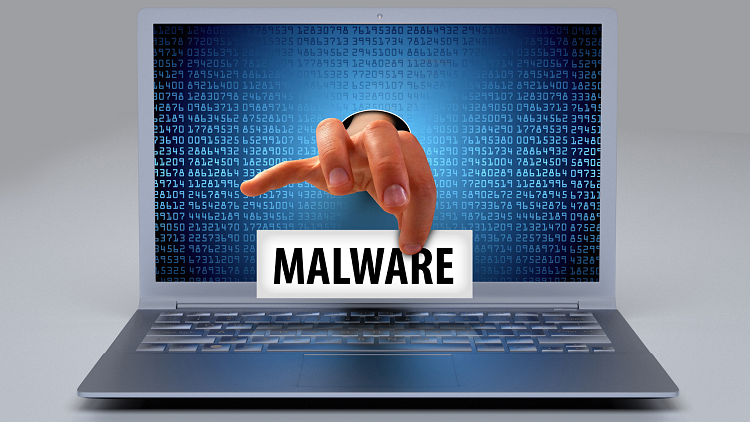
If you own a computer and use the internet frequently, you have probably come across the term "malware." So, what is malware?
Malware is a type of software created to cause harm to computers and extract important information from them. Cybercriminals, those who use computers and the web for criminal purposes, will use this type of software to steal money from their victims.
Malware can also come in the form of viruses that will infect your computer and deliver any vital information from your computer back to the cybercriminal.
Often malware can trick a victim into providing their information which the cybercriminal can use to steal their identity. They can also use it to steal any banking and credit information.
There are many ways malware and viruses are spread, such as e-mail attachments, advertisements on websites, imitation software installations, infected apps and USB drives, fake website links, and even text messages.
Malware comes in many forms, and each one is responsible for a specific activity.
The following signs that your computer is infected are:
There are many ways to protect your computer from malware, such as.
If you suspect your computer is infected, run a virus scan. If a virus is detected and you're having trouble removing it, contact The Computer Geek.
We can help you with all of your computer needs, including viruses. Visit our website for more information or give us a call at (905)426-1784.
Great experience with Computer Geek. They helped with my website needs and were professional, respon . . . [MORE].
Great, quick service when my laptop went into meltdown and also needed Windows 11 installed. Also ca . . . [MORE].
It was a great experience to working with you. thank you so much. . . . [MORE].
Thank you so much for great service and over all experience is good . highly recommended for all peo . . . [MORE].
We engaged The Computer Geeks in mid-2023 as they have a reputation for API integration within the T . . . [MORE].
Algorithmic Bosses: When
Are We Outsourcing Our Hu
The End of Boredom and th